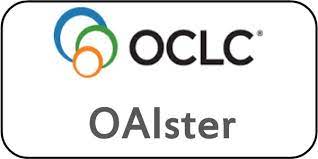Rational Renometrics
DOI:
https://doi.org/10.59793/ijcp.v34i7.738Keywords:
Renal function assessment,, transformative,, permissive hypercreatinemia, risk assessmentAbstract
The precise evaluation of renal function and structure is indispensable clinical medicine. This is required not only to screen,
diagnose and monitor kidney disease, but also to allow accurate choice of drugs and their dosages while treating individuals.
Traditional methods, exemplified by glomerular filtration rate (GFR) calculations and urinalysis, have long served as pillars
of nephrology. However, their inherent limitations introduce diagnostic ambiguities, raising concerns for both health care
providers and patients. This comprehensive review introduces the concept of "Rational Renometrics", a transformative
approach that harmonizes various tests and factors to provide a holistic assessment of renal health. It focuses on correct
urine sample collection, mitigates false positives in urinalysis and embraces the concept of permissive hypercreatinemia.
The evidence-based, data-driven perspective of rational renometrics empowers health care providers and patients, leading
to more accurate diagnoses, individualized treatment strategies and improved therapeutic outcomes. Rational renometrics
allows accurate risk assessment and institution of preventive interventions, reinforcing its pivotal role in preserving renal
health and optimizing patient care. We describe the principles, advantages, challenges and potential clinical applications of
rational renometrics, emphasizing the need for continued research and validation of this concept.
Downloads
Published
Issue
Section
License
All open access articles published in IJCP are distributed under the terms of the CC BY-NC 4.0 license (Creative Commons Attribution-Non-Commercial 4.0 International Public License). This license permits unrestricted use, distribution, and reproduction of the articles in any medium for non-commercial purposes, provided that: The original authorship is properly and fully attributed. The IJCP is cited as the original place of publication with correct citation details. If an original work is reproduced or disseminated in part or as a derivative work, this must be clearly indicated. No articles are reproduced for commercial use without prior consent from the IJCP. All licensing requests and permissions for commercial use will be managed by the Publisher.














